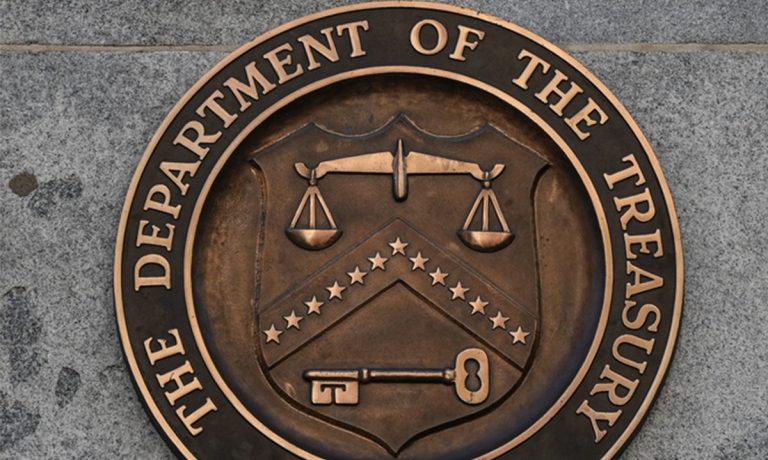Treasury Official: State-by-State Regulations Stifle Innovation for FinTechs

A federal regulatory framework for nonbank payment service providers is needed to reduce risks and promote innovation, Nellie Liang, under secretary for domestic finance at the U.S. Treasury Department, said Wednesday (Oct. 9).
In remarks prepared for delivery at the Chicago Payments Symposium hosted by the Federal Reserve Bank of Chicago, Liang said that “our current state-based regulatory framework has not kept pace with the growth in new kinds of money and payments, raising risks for the integrity of the payment systems and trust in money.”
“The state-level framework with varying requirements also raises barriers to entry, limiting competition and innovation,” Liang said.
Liang said a modern regulatory framework for nonbank payment service providers should include as “key foundation elements” financial resources, risk management and activities restrictions.
To protect against loss and reduce the risk of insolvency, eMoney issuers should be subject to financial resource requirements that reflect their limited product offering while also backing customer claims with high-quality and liquid assets, Liang said.
In terms of risk management, standards should be established to address operational risks, third-party risk and other concerns, Liang said.
A third key foundational element, activities and affiliation restrictions, would ensure that eMoney issuers don’tact as banks without following bank-like rules and would mitigate anti-competitive behavior, Liang said.
“A federal payments framework that includes the key foundational standards discussed above can both simplify our domestic regulatory patchwork and make the regulatory framework more robust,” Liang said. “We can promote innovation and competition, while better protecting consumers, the payment system and the financial system. We can create a more level playing field domestically and also support U.S. global financial leadership.”
Liang noted in her remarks the Treasury Department’s publication in 2022 of a report called “The Future of Money and Payments,” adding that since then, Treasury has continued to evaluate the potential benefits and risks of new technologies.
The topics covered in this future of money report include discussion of the idea of launching a central bank digital currency (CBDC), PYMNTS reported at the time.
The report’s recommendations include working on the design of a CBDC while deciding whether to launch one, encouraging the use and growth of existing and new instant payment systems, developing a framework for regulating a broader payments market while supporting innovation, and prioritizing improvement in the speed, cost and efficiency of cross-border payments.

